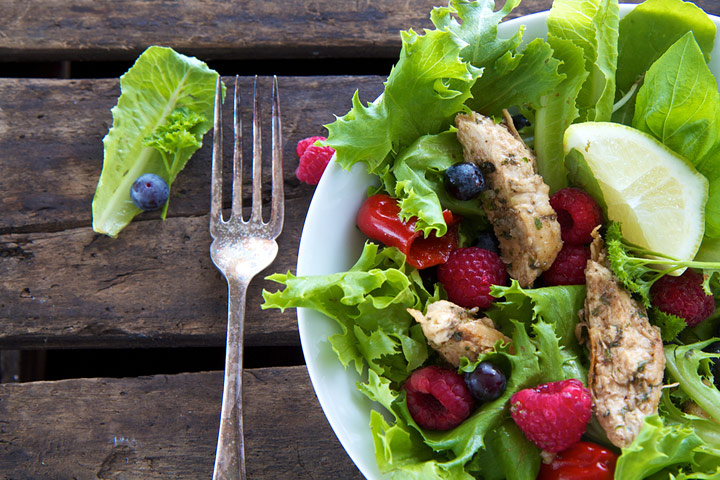
Healthy eating should be easy, right? But with seemingly simple or so-called “health foods” containing ingredients we can’t even pronounce, the whole process isn’t quite as straight forward as it used to be. That’s where clean eating comes in. It’s not a diet or a fad — it’s a way of life and one we all should consider giving a try. To get the scoop on clean eating and how to incorporate it into your life, we talked to Jessa Wright, a certified nutritional practitioner and registered yoga teacher based in Toronto. Here’s what she told us:
What it is and why you should be doing it
What we put into our bodies directly impacts how feel, both physically and mentally. Processed foods — especially ones with long lists of ingredients, many of which are unidentifiable — aren’t exactly nutritional stars, but they manage to sneak into many of our diets. Clean eating eliminates that problem, but you need to know what to look for.
“Clean eating is eating whole, nourishing foods that help your body fight disease not feed it. It’s going back to basics, where food doesn’t come prepackaged and have ingredients that you can’t pronounce,” says Wright. “If you want more energy, clearer skin, whiter teeth, better digestion and smoother elimination clean eating is something you should be doing! It’s a great way to quickly reset the body and start feeling amazing.”
How clean eating can improve health
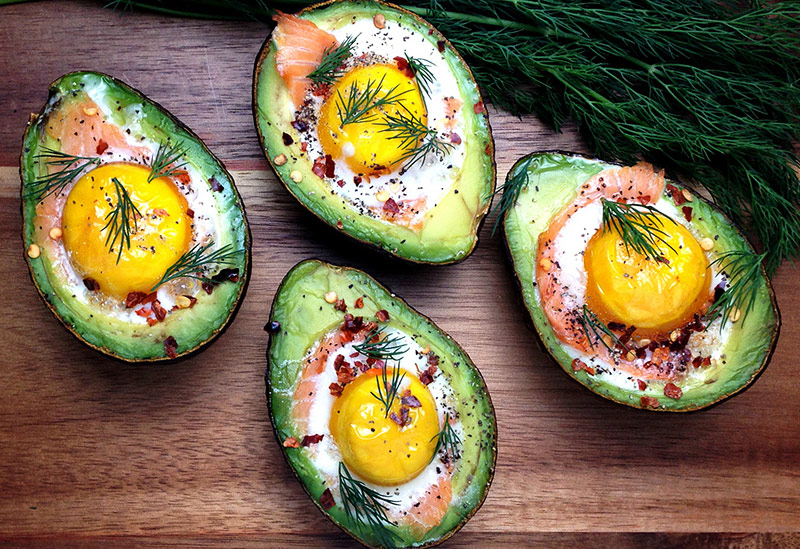
“Clean eating reduces your toxic load. There are chemicals all around us — in our cleaning products, cosmetics, shampoo, toothpaste and our food. Over time, toxins can build up in the body and can contribute to disease, pain and stress,” says Wright. “By eliminating all that nasty junk, you are taking a big load off your body. You can eliminate many of your ailments simply by eating cleaner. Once you get a handle on your food, I highly suggest switching to natural cleaning products and cosmetics too.”
Nope, not a diet
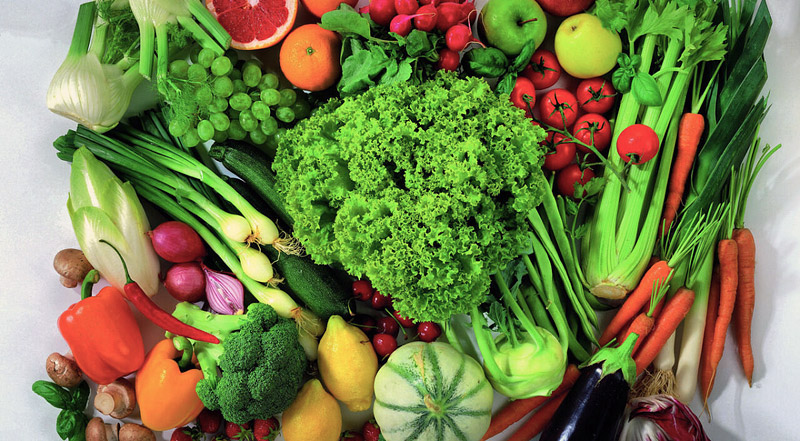
Clean eating isn’t a diet, it’s a lifestyle. You’re taking a step back and re-evaluating your relationship with food, thinking about what it is you’re actually eating and how it makes you feel. “I love using the term ‘clean eating’ because it isn’t a diet. Diets tend to restrict people and push you to work against your body instead of with it,” says Wright. “Clean eating refers to eating whole, nourishing foods that are free from additives, preservatives, chemicals, toxins, pesticides and hormones. Think organic fruits, vegetables, free-range eggs, hormone-free meats, nuts and seeds.”
And because it isn’t a diet, that means no falling off the wagon or constantly fluctuating weight, which can ultimately, have a negative effect on your health and self-esteem. “Some people are better at keeping to a strict regime and for others it comes and goes in waves,” says Wright. “The important thing is to understand that every moment is a fresh start, so don’t be so hard on yourself if you fall prey to a burger and fries every now and again.”
How clean eating can work for people with specific dietary preferences or needs
“Clean eating can work for anyone. There are no restrictions that eliminate people who have allergies or are vegan or vegetarian, for example,” says Wright. “It is simply taking a more holistic approach to food by eliminating toxins, which results in better health.”
How to navigate clean eating as a couple with different dietary needs

Even if your dietary needs are on totally different ends of the spectrum, clean eating is something you can take on together. “Deciding to embark on a clean eating regime as a couple is a great idea. Together you can keep each other motivated and take turns cooking new recipes,” says Wright. “If you and your partner have different food preferences you don’t have to make separate meals. My partner likes to eat more meat than I do and at first people told me we should eat separately, but I didn’t like that idea at all! The solution is finding meals that will complement both of our tastes. It can be as simple as adding meat to the side of a vegetarian dish for him. It’s about creating a supportive environment so you can still enjoy meals together.”
How to get started
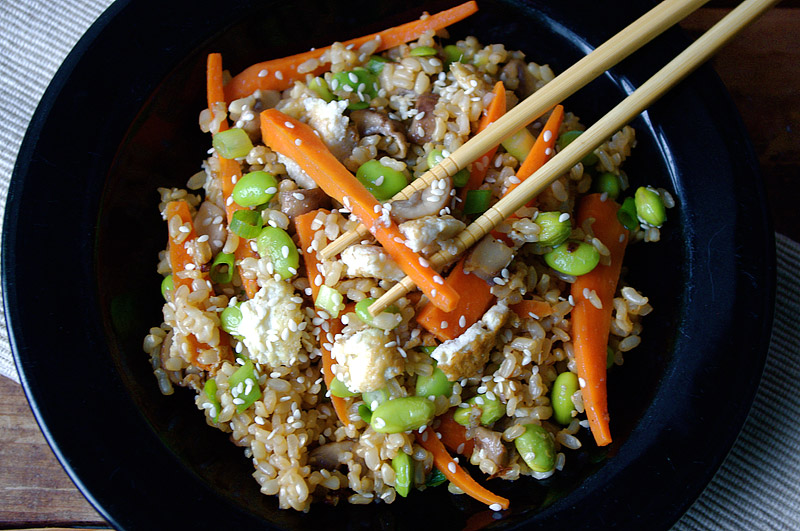
If you’re the type that can go cold-turkey no problem, go for it, but otherwise, Wright suggests taking things slow. Stocking up on whole foods like vegetables, fruits, organic meats, seeds and nuts is a great start and will help you get in the habit of having healthy foods around — and actually eating them. “If you’re going to start cutting things out one by one, decide what you want to rule out first and work on it. Play with new recipes, but keep it simple. Not every meal needs to be a grand display,” says Wright. “If you need help with those sugar cravings try dark chocolate, 72%. And if you miss your pastries, there are tons of clean recipes that use natural sugars or gluten-free flours. You don’t have to deprive yourself!”
The whole process might seem daunting at first, but it won’t take long for your body to get on board. “Once you start eating clean, your body won’t want any more junk. All those sugary, prepackaged products will have lost their appeal, because you will be feeling amazing without them,” says Wright. Need some inspiration? Check out Michael Pollan’sFood Rules: An Eater’s Manual. “It gives a great outline for what to consider real food in a world of chemicals masquerading as food,” says Wright.
Does clean eating require more time, effort or planning?
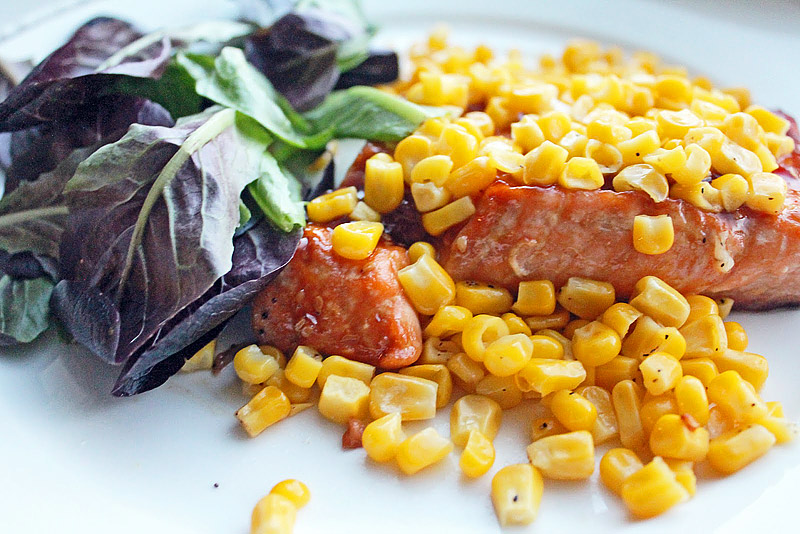
An adjustment period is part of any major lifestyle change and clean eating is no different. If you’re used to incorporating a lot of pre-made or prepackaged foods into your meals, it might take some time to learn how to cook without them. “In the beginning it can be an effort to start eating clean because you have to make conscious choices. You can’t simply grab what’s right in front of you,” says Wright. “You have to look at the options, contemplate if it’s going to nourish your body.”
Meal planning and prep is an indispensable tool that can help you while you’re making the transition. “I don’t prep meals days in advance, but I do make sure there is time allotted in my day to whip up a healthy breakfast, make my lunch and create a healthy dinner. If I know there won’t be time, that’s when I prep in advance,” says Wright.
Eating out isn’t off the table
When you aren’t prepping food yourself, it’s not always easy to figure out what exactly is making its way onto your plate. But that doesn’t mean you should avoid eating out. Wright recommends choosing a restaurant ahead of time and checking out the options, so you avoid running into any surprises. “It’s not always going to be as healthy as you want, but consider it a splurge when you do decide to go out,” says Wright. And don’t be afraid to ask questions — whether you want to know how a dish is made or if it’s possible to have something substituted or cooked a certain way.
Seasonality is key
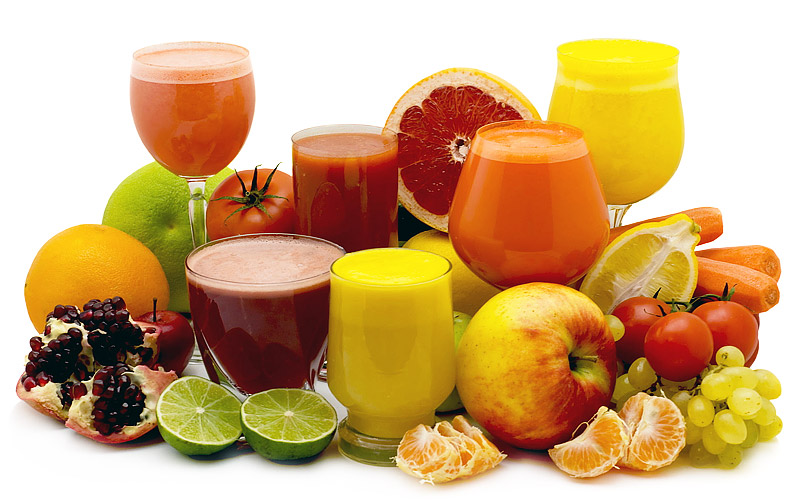
Eating seasonally not only helps reduce your environmental impact, it also means eating foods at the height of their freshness (read: incredible flavor). It also helps keep your diet varied, which is important for providing your body with the nutrients it needs all year round. But keeping an open mind is super important for making this work. You’ll likely need to try a few foods you’ve never seen or tasted before, but consider it a culinary adventure rather than an obstacle and have fun exploring your new arsenal of ingredients!
The golden rule of clean eating
“It is important for people to listen to their bodies first and foremost. Each person’s body is different, which is why a one-size-fits-all diet never works,” says Wright. “You know your body best. Listen to it, respect it, and work with it, not against it.”

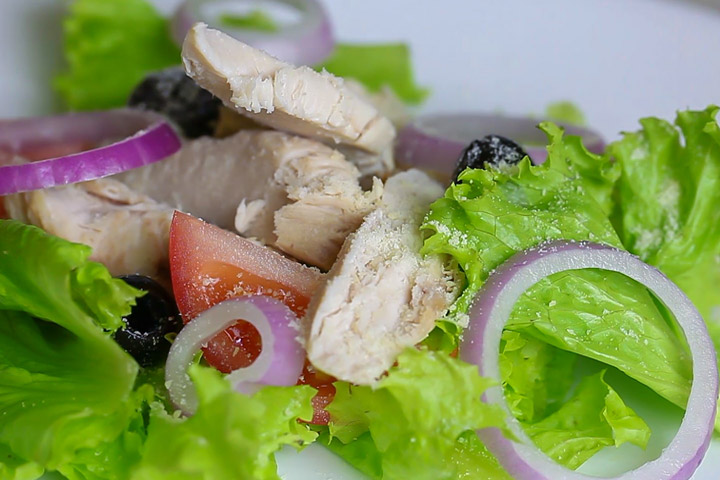
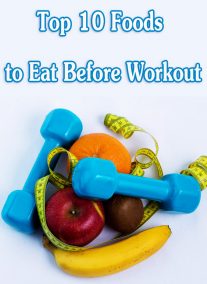
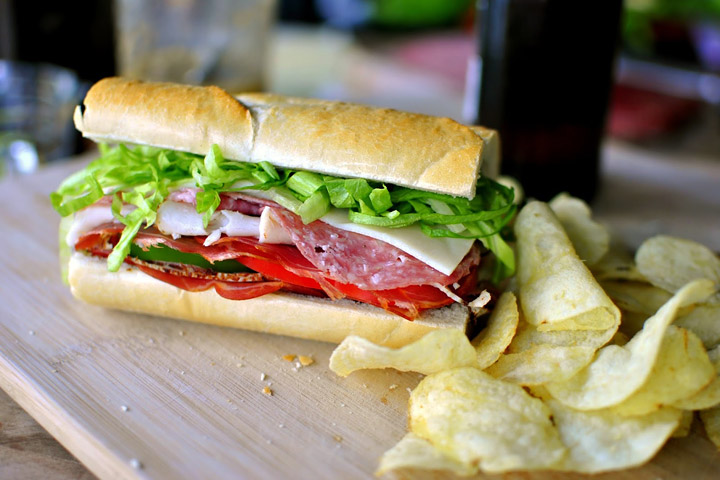
Leave a Reply